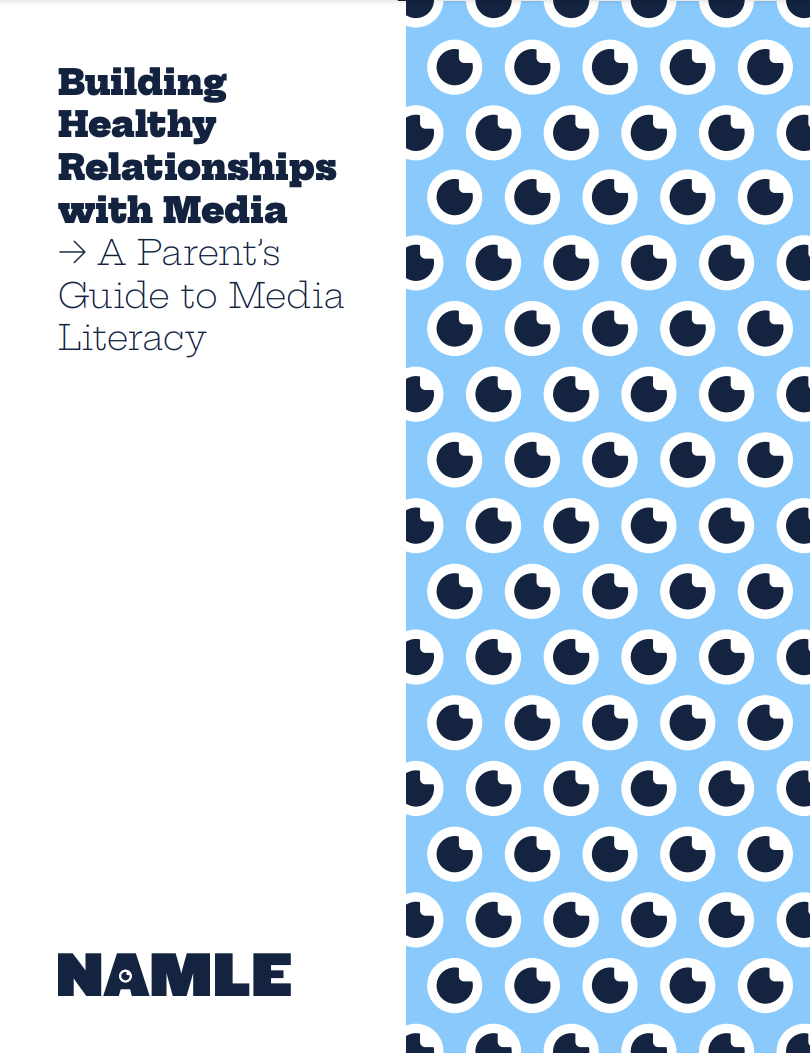-

WFSU Public Media and WFSU PBS KIDS are committed to making a positive impact on the lives of children through curriculum-based entertainment. With resources and programming available 24/7, we leverage the full spectrum of media and technology to build knowledge, critical thinking, imagination, and curiosity. Our learning partnerships involve parents, teachers, caregivers, and informal education communities Together we help to empower children for success in school, the ‘world of work,’ and lifelong learning!
-
-
What Is Media?
Media is defined as a means of communication that reaches and influences people widely. Here at WFSU Public Media, that includes:
Media Literacy is A Skillset
S.T.E.Ps to Media Literacy
Artificial Intelligence in Media
As artificial intelligence continues to grow and become incorporated into the media and content we consume, it is important to understand AI and how it functions. Learning how AI works allows us to understands it’s strengths and weaknesses, becoming aware of its risk and tendency for biases. Learn through a brief introduction about how modern AI models are created and how they learn to create content.
To learn more about AI, how it is affecting our every day lives, and how you can become more aware of it potential biases; go to commonsense.org to find a collection of video lessons about everything AI and its effect on our world.
Additional Information
- PBS Learning Media: News and Media Literacy
- PBS Learning Media: Media Literacy Educator Certification
- PBS KIDS PreK-2 Teachers Self-paced learning
- Children And Screens | Institute of Digital Media and Child Development
- Common Sense Education: AI Literacy Lessons
- NAMLE: Parent’s Guide to Media Literacy
-


